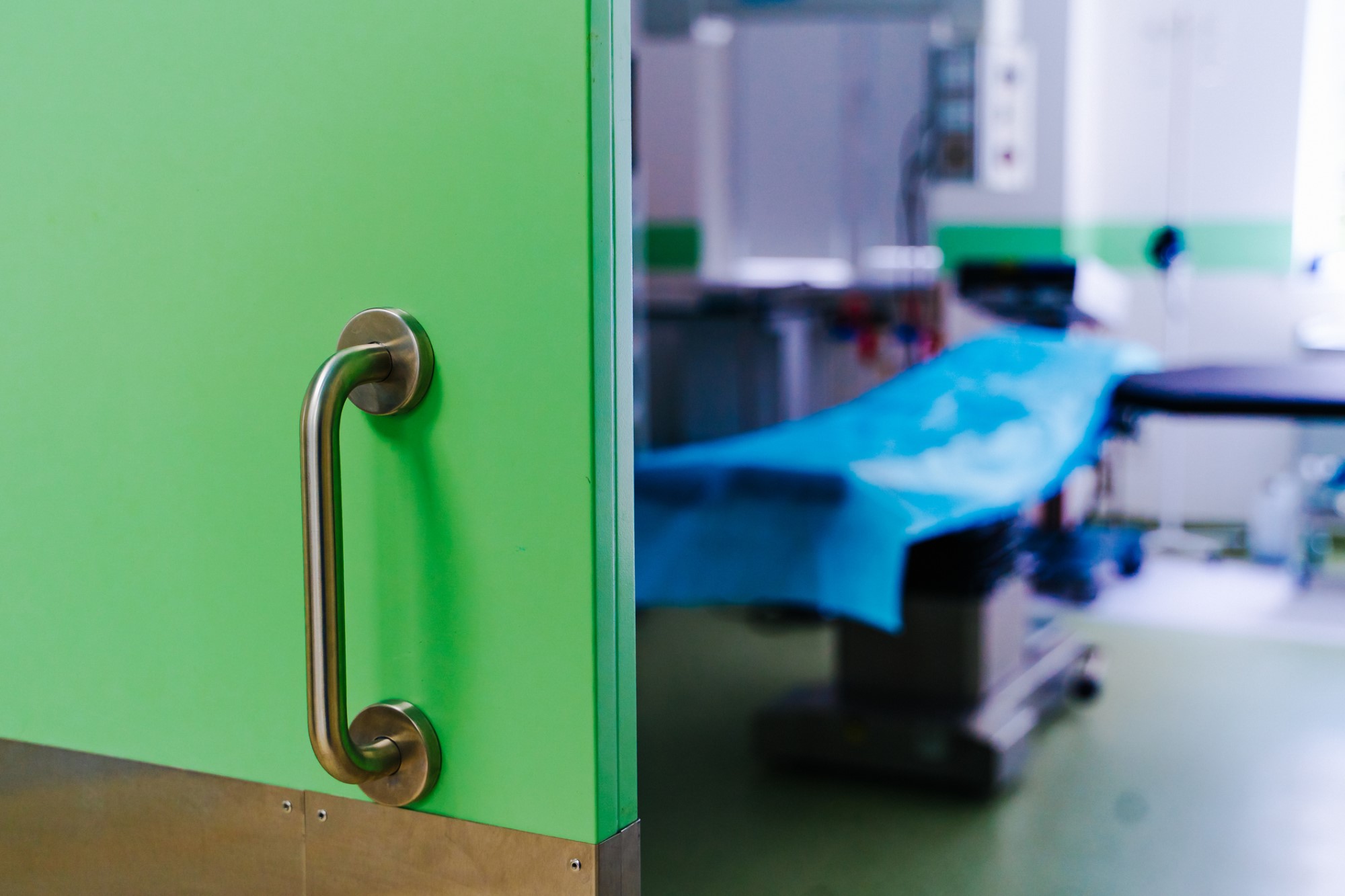Can Human-Grown Organs De-Liver?

Despite the majority U.K. shifting from an opt-in to an opt-out donation system, there is still a vast shortage of viable organs. According to NHS figures, there are currently over 7,000 people on the organ transplant waiting list, and just last year 420 died because a suitable organ was not available. And this is not just a U.K. problem. Similar shortages occur across the EU, the U.S., and Canada. In fact, the organ shortage problem is global, with most countries reporting a deficit between the number of donors and the number of hopeful recipients.
Writers at The Prindle Post have already explored and critiqued some solutions to this problem, including harvesting organs from the imprisoned, 3D printing the necessary body parts, xenotransplantation, and paying people to donate non-vital organs. Last month, I wrote a piece about OrganEx, a novel technology that might reverse posthumous cellular damage, thereby making more organs viable for transplant.
But hot on the heels of that innovation came news of an upcoming trial by biotech company LyGenesis, a trial which might have truly radical implications for the organ transplant landscape. In short, the company will try to grow new livers inside the bodies of people with end-stage liver disease.
This is wild in and of itself. But it gets better: twelve volunteers will be given increasingly potent doses of the treatment over the trial period until the final study participants will potentially grow not just one but five mini livers throughout their bodies.
While still highly speculative, the potential to grow livers, or even other organs, within the body of the hopeful transplantee could dramatically reduce global demand. People would no longer have to wait for a whole organ to be available. Instead, they could grow a new one. This would improve health outcomes, ease pressure on healthcare systems, and ultimately save lives.
The procedure involves taking healthy liver cells from an organ donor and injecting them into the lymph nodes of the sick recipient. As the nodes provide an excellent environment for cellular division and growth, the team at LyGenesis believe that the transplanted liver cells would start to divide and grow within the node, eventually replacing it.
Over time, the transplanted cells would develop into one or several miniature livers and start compensating for that person’s damaged original.
The team have already conducted animal trials over the last ten years, growing mini livers in mice, pigs, and dogs, and now believes it is time for human trials. Each trial participant will receive regular check-ups over the following year to ensure doctors pick up on any adverse side effects as soon as possible. In total, the study should take just over two years to complete. If the trial goes well and the results prove promising, LyGenesis plans to implant other cells and grow other types of organs.
But, the donor cells have to come from somewhere – the team do not magic them into existence. The source of these cells will be, unsurprisingly, donated livers. So, organ donation will still be needed even if the trial proves to be 100% effective. However, the proposed technique could vastly increase the number of sick people a single donated liver could help. Currently, when a perfectly healthy liver is donated posthumously, it is split into two, and surgeons implant each half into a different sick person. As such, one liver can help up to two people.
However, the LyGenesis researchers believe that, because only a (relatively) limited number of cells is needed to start the organ growing process, they could get up to seventy-five treatments out of a single donated liver.
Arguably, the LyGenesis cell transplant technique should be the first port of call regarding ethical organ donation processing, as helping more people than less is ethically required.
Now, the prospect of growing organs rather than harvesting them from altruistic donors has been around for several centuries in the dream of xenotransplantation – taking tissues and organs from animals and putting them in people. In fact, the first recorded attempt to use animal material in a human’s body was in the 17th century, when Jean Baptiste Denis transfused lamb’s blood into a patient to surprisingly little harm (i.e., the person did not die). Since then, harvesting animal tissues and organs for human transplantation has become more sophisticated, with scientists employing genetic modification techniques to improve the compatibility of organs and recipients.
However, xenotransplantation comes with a whole host of potentially intractable ethical issues. These include the potential dangers of zoonotic disease transmission (which caused David Bennett Sr.’s death), animal welfare concerns, and reflections upon our ever-increasing capacity to alter the natural world around us for our needs.
When compared to these ethical objections, LyGenesis’ human-growth liver technique seems justifiable on human-interest grounds and on a broader range of bioethical considerations.
Not only does it seemingly have the potential to maximize the net benefit each donated liver can provide, but it also helps avoid many of the issues that come part-and-parcel with growing human organs within non-human animals.
For example, there is no worry about cross-species disease transmission as all the genetic material involved is human. Similarly, beyond the animal’s use in the research, there is no worry about organ farming producing suffering on a comparative scale to the industrial farming complex. Questions regarding our ability to alter the world around us and, in essence, play God remain. However, such criticisms can be levied by critics against practically every medical procedure used today and, as such, fail to be specific to the topic of organ farming. Indeed, complete devotion to such a stance would seemingly paralyze an individual to complete non-action, as everything we do can be interpreted as playing God in one form or another.
Ultimately, while still very experimental, LyGenesis might be on the right track to tackling the organ donation shortage, at least in liver disease cases. Time will tell whether growing organs within one’s body is the way forward. However, compared to the potential issues xenotransplantation raises, human grown livers certainly seem to have a distinct ethical advantage.




